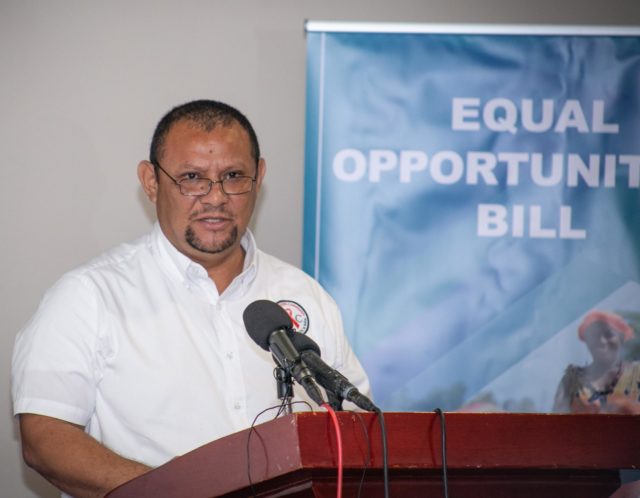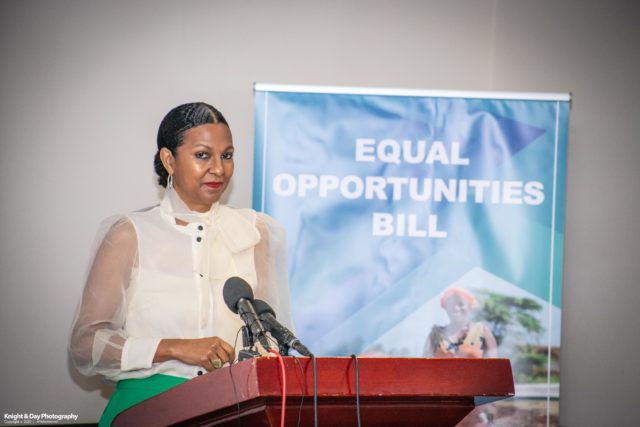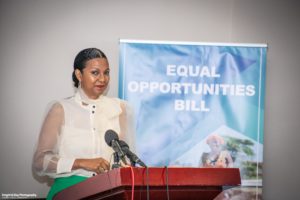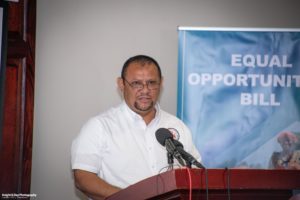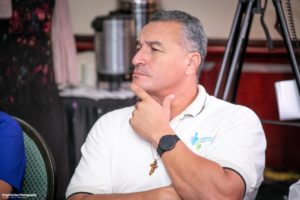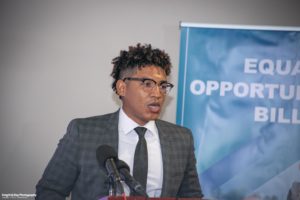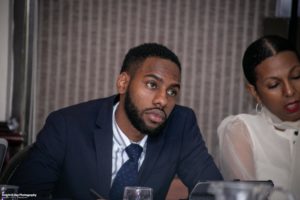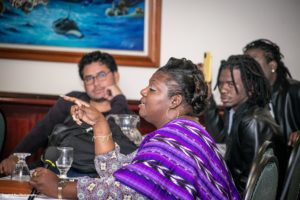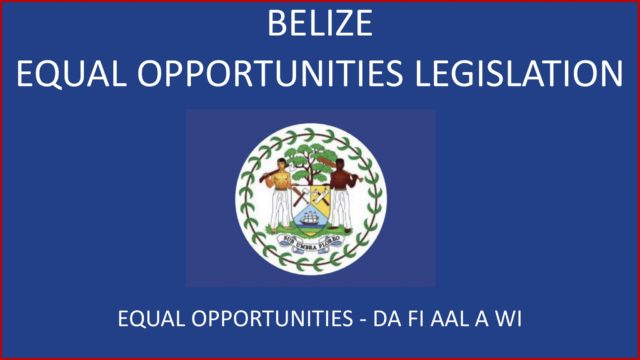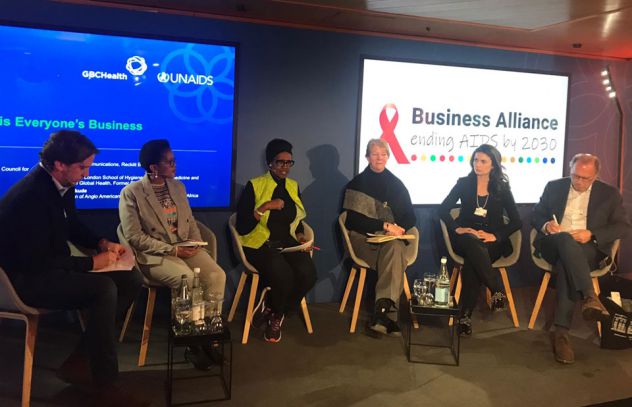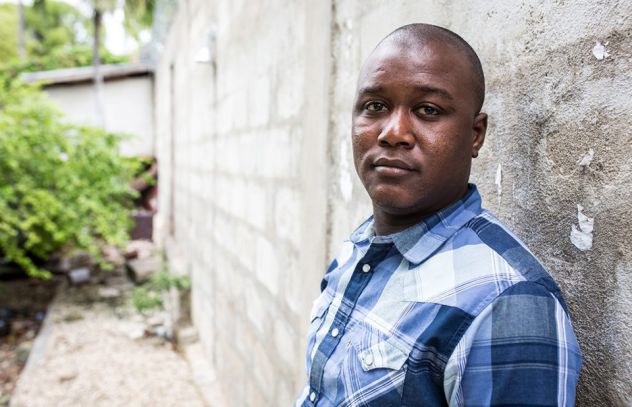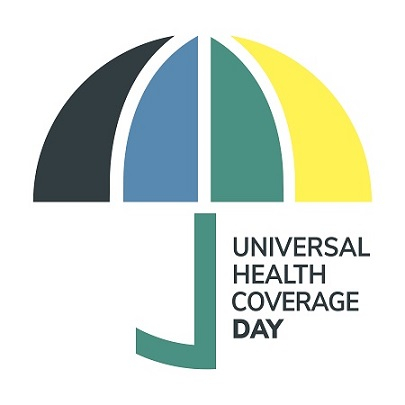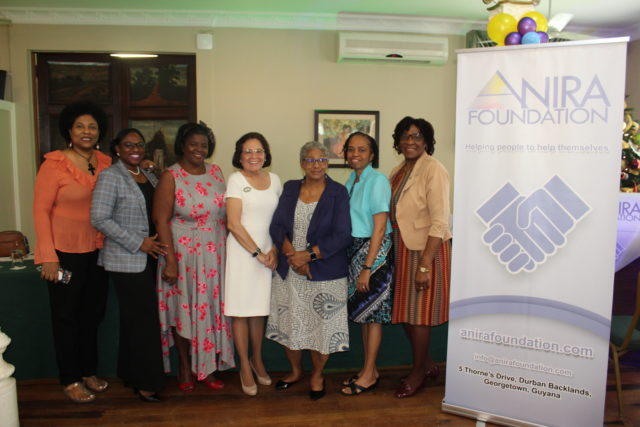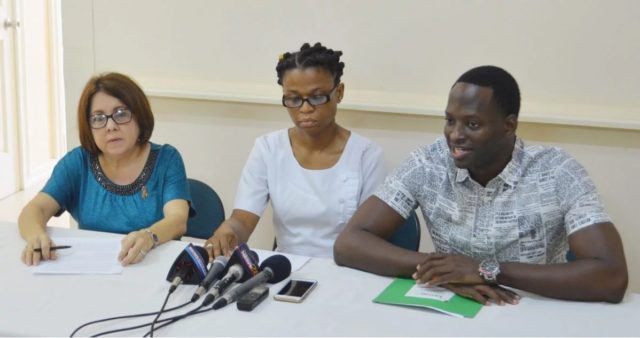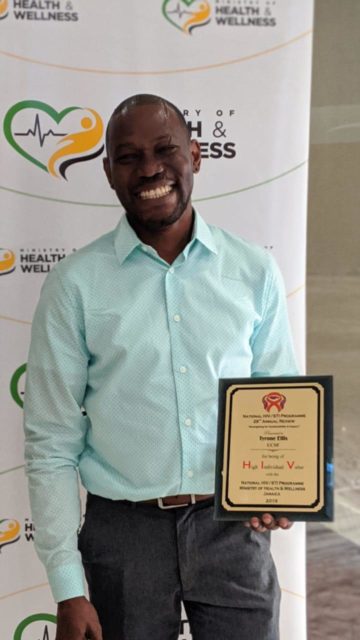Image: Mr Enrique Romero, Executive Director of the National AIDS Commission (NAC) during the Equal Opportunity Bill press conference
Belize’s Anti-Discrimination Steering Committee (ASC) has commenced public engagement and education on the proposed Equal Opportunity Bill (EOB).
The Bill intends to improve the lives of all Belizeans by ensuring equal access to public services, including health care. The legislation aims to remove barriers so that all Belizeans can enjoy the same opportunities regardless of circumstances. It seeks to protect Belizeans from discrimination, harassment and victimisation. The areas of public life covered under the Bill include employment (full-time, part-time and casual), provision of goods and services, education, accommodation (including rental and hotel accommodation), sport, club and club membership, transfer of land and administration of laws and programming.
HIV Prevention and Care
The EOB makes specific reference to HIV prevention and care. It prohibits screening for HIV regarding employment and education. It promotes the implementation of sanctions for breaches of confidentiality regarding HIV status. The legislation also advocates for allowing persons over the age of 16 to access HIV and other sexually transmitted infections (STI) prevention, testing and treatment to lower risks of HIV transmission, sickness or death.
In addition, the EOB supports the formation of an Equal Opportunities Tribunal; a specialist court integrated into the Justice System with the rank of a supreme court.
Champions of the Bill
The organisations championing the EOB are the National AIDS Commission (NAC), the Ministry of Human Development, Social Transformation, Poverty Alleviation and the Office of the Special Envoy for Women and Children. Several prominent Belizeans and implementers are also lending their voices to advocate for the Bill including Mrs Kim Simplis Barrow, Special Envoy for Women and Children and Spouse of the Prime Minister, Mr Enrique Romero, Executive Director of the NAC, Attorney Randall Sheppard, Senior Crown Counsel in the Ministry of the Attorney General, and Attorney Rashad Brathwaite, independent consultant and legal drafter.
The ASC has engaged with several critical stakeholders to foster knowledge about the EOB including the National Evangelical Association of Belize (NEAB), National Trade Union Council of Belize (NTUCB), Christian Workers’ Union (CWU), etc.
In addition, a press conference was held to provide an overview of the Bill, including a background of how the legislation originated and how it will provide protection for all Belizeans.
The Bill will significantly enhance the quality of life in Belize by removing the systemic barriers to equality and empowering Belizeans to fulfil their potential and live happy, healthy and peaceful lives.
– ENDS –

